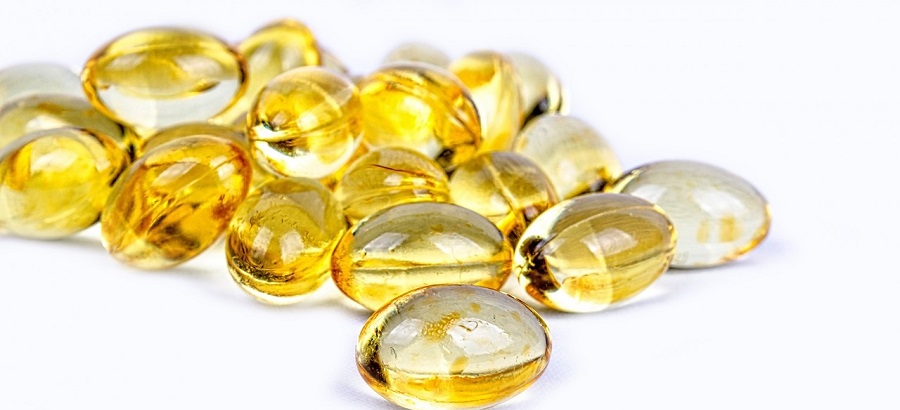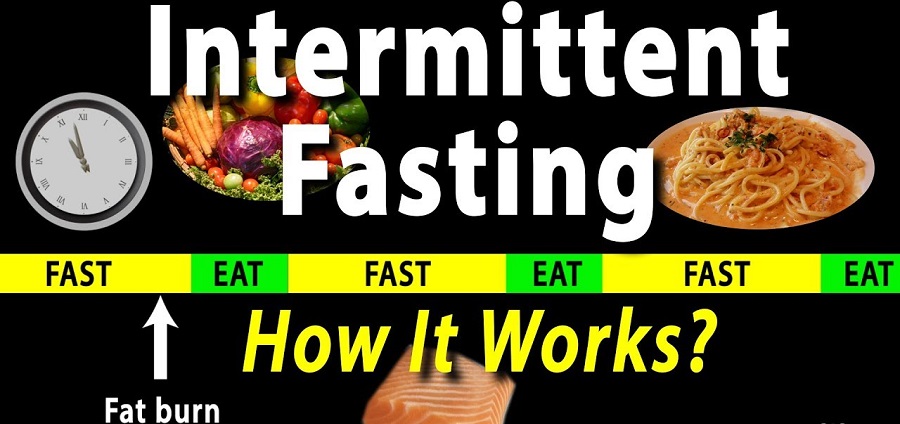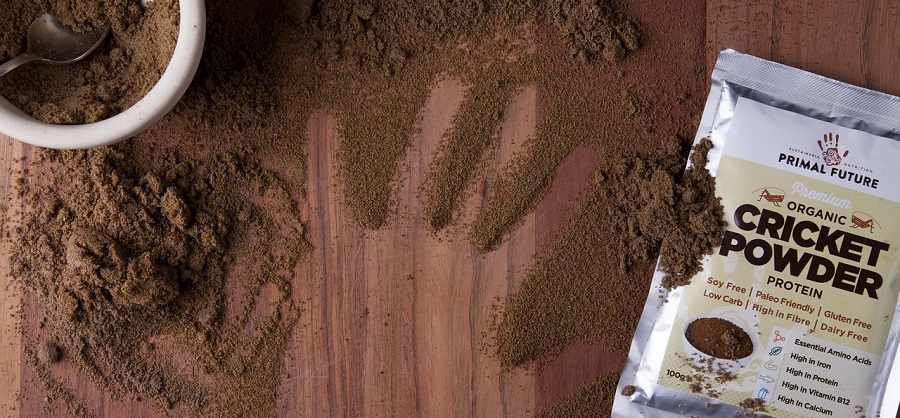Vitamin D is a fat-soluble vitamin that is essential for maintaining strong bones and teeth, as well as a healthy immune system. The body can produce Vitamin D when the skin is exposed to sunlight, but it can also be obtained through the diet.
Some of the best food sources of Vitamin D include fatty fish such as salmon, mackerel, and tuna. These fish are also high in omega-3 fatty acids, which have many health benefits. Other good sources of Vitamin D include egg yolks, beef liver, and cheese.
Fortified foods such as milk, orange juice, and cereal are also good sources of Vitamin D. Some mushrooms, particularly shiitake and maitake, are also a good source of Vitamin D. These mushrooms are exposed to ultraviolet light before they are sold, which increases their Vitamin D content.
It is also possible to find Vitamin D in plant-based foods, but it is not as common as animal-based sources. Plant-based sources include fortified plant-based milk, fortified breakfast cereal, and some mushrooms.
It is important to note that Vitamin D is not found in many foods naturally, so it is important to include a variety of sources in your diet, including sunlight exposure. It is also important to consult a healthcare professional before taking any Vitamin D supplements, as too much Vitamin D can cause harmful side effects.
What foods are high in Vitamin D?
Some of the best food sources of Vitamin D include:
- Fatty fish such as salmon, mackerel, and tuna
- Egg yolks
- Beef liver
- Cheese
- Fortified foods such as milk, orange juice, and cereal
- Some mushrooms, particularly shiitake and maitake
- Fortified plant-based milk
- Fortified breakfast cereal
It is important to note that Vitamin D is not found in many foods naturally, so it is important to include a variety of sources in your diet, including sunlight exposure. It is also important to consult a healthcare professional before taking any Vitamin D supplements, as too much Vitamin D can cause harmful side effects.
How much Vitamin D do you need daily and which food sources can provide it?
The recommended daily intake of Vitamin D varies by age and life stage. According to the Institute of Medicine (IOM) and the Office of Dietary Supplements (ODS) of the National Institutes of Health (NIH) the recommended daily intake is:
- Infants 0-12 months: 400-600 International Units (IU)
- Children 1-18 years: 600-1000 IU
- Adults 19-70 years: 600-800 IU
- Adults 70+ years: 800-1000 IU
It's important to note that these levels are a general recommendation, and the actual amount of Vitamin D required may vary depending on an individual's health status, lifestyle, and other factors. Consult with a healthcare professional to determine the appropriate intake for you.
As for food sources, as previously mentioned, fatty fish such as salmon, mackerel, and tuna are great sources of Vitamin D. Three ounces of cooked wild salmon contains about 450-500 IU of Vitamin D. A 3.5-ounce serving of cooked mackerel contains around 345 IU, and a 3.5-ounce serving of cooked tuna contains around 200 IU.
Egg yolks, beef liver, and cheese are also good sources of Vitamin D. Fortified foods such as milk, orange juice, and cereal are also great sources, as they have added Vitamin D. Some mushrooms, particularly shiitake
Can you get Vitamin D from dairy products?
You can get Vitamin D from some dairy products. Milk and other dairy products such as yogurt and cheese are often fortified with Vitamin D. Fortification means that Vitamin D is added to the product during processing. The amount of Vitamin D in a serving of fortified dairy products can vary, but it is usually around 100-140 IU per 8 ounces of milk. It's important to check the label to see the exact amount in the specific brand you are purchasing.
It's worth noting that while dairy products can be a source of Vitamin D, they are not considered to be the best source. Fatty fish such as salmon, mackerel, and tuna are considered to be the best dietary sources of Vitamin D.
Are fortified foods a good source of Vitamin D?
Fortified foods can be a good source of Vitamin D, but it is important to check the label to see the exact amount of Vitamin D in a serving. Vitamin D is often added to foods such as milk, orange juice, and cereal during processing, so it's important to check the label to see the exact amount in the specific brand you are purchasing.
It's worth noting that while fortified foods can provide Vitamin D, they are not considered to be the best source. Fatty fish such as salmon, mackerel, and tuna are considered to be the best dietary sources of Vitamin D. But fortified foods can be a good alternative if you are not able to consume fish or have dietary restrictions. It's also important to balance fortified foods with other sources of vitamin D and to consult with a healthcare professional before taking any Vitamin D supplements, as too much Vitamin D can cause harmful side effects.
Can mushrooms provide Vitamin D?
Mushrooms can provide Vitamin D, but the amount varies depending on the type of mushroom and how it is grown and processed. Some mushrooms, particularly shiitake and maitake, can be a good source of Vitamin D. These mushrooms are exposed to ultraviolet light before they are sold, which increases their Vitamin D content. A serving of these mushrooms can contain around 400-1000 IU of Vitamin D. It's important to check the label to see the exact amount in the specific brand you are purchasing.
It's worth noting that while mushrooms can provide Vitamin D, they are not considered to be the best source. Fatty fish such as salmon, mackerel, and tuna are considered to be the best dietary sources of Vitamin D. But mushrooms can be a good alternative if you are not able to consume fish or have dietary restrictions. It's also important to balance mushrooms with other sources of vitamin D and to consult with a healthcare professional before taking any Vitamin D supplements, as too much Vitamin D can cause harmful side effects.
Are eggs a good source of Vitamin D?
Eggs can be a good source of Vitamin D, but the amount of Vitamin D in an egg depends on the diet of the chicken that laid it. Chickens that are fed a diet fortified with Vitamin D will lay eggs that contain higher levels of Vitamin D. A large egg can contain about 41-60 IU of Vitamin D.
It's worth noting that while eggs can provide Vitamin D, they are not considered to be the best source. Fatty fish such as salmon, mackerel, and tuna are considered to be the best dietary sources of Vitamin D. But eggs can be a good alternative if you are not able to consume fish or have dietary restrictions. It's also important to balance eggs with other sources of vitamin D and to consult with a healthcare professional before taking any Vitamin D supplements, as too much Vitamin D can cause harmful side effects.
Can you get Vitamin D from beef or pork?
Vitamin D can be found in small amounts in beef and pork, but it is not considered a good source of Vitamin D. The amount of Vitamin D in beef and pork is generally low, and it would be difficult to consume enough through these foods to meet the recommended daily intake. The Vitamin D content of beef and pork can vary depending on the cut and the animal's diet.
It's worth noting that fatty fish such as salmon, mackerel, and tuna are considered to be the best dietary sources of Vitamin D. Fortified foods such as milk, orange juice, and cereal are also great sources, as they have added Vitamin D. And some mushrooms, particularly shiitake and maitake, are also a good source of Vitamin D.
It's also important to balance food sources of Vitamin D with other sources such as sunlight exposure, and to consult with a healthcare professional before taking any Vitamin D supplements, as too much Vitamin D can cause harmful side effects.
Are nuts and seeds a good source of Vitamin D?
Nuts and seeds are not considered to be a good source of Vitamin D. They are not naturally rich in Vitamin D, and it is not commonly added as fortification. Some brands of nuts and seeds may be fortified with Vitamin D, but the amount of Vitamin D in a serving can vary, it's important to check the label to see the exact amount.
It's worth noting that fatty fish such as salmon, mackerel, and tuna are considered to be the best dietary sources of Vitamin D. Fortified foods such as milk, orange juice, and cereal are also great sources, as they have added Vitamin D. And some mushrooms, particularly shiitake and maitake, are also a good source of Vitamin D.
It's also important to balance food sources of Vitamin D with other sources such as sunlight exposure, and to consult with a healthcare professional before taking any Vitamin D supplements, as too much Vitamin D can cause harmful side effects.
How do cooking and processing affect the Vitamin D content of foods?
Cooking and processing can affect the Vitamin D content of foods. Vitamin D is a fat-soluble vitamin, which means that it dissolves in fat and can be stored in the body's fatty tissue. Cooking and processing methods that involve high heat or prolonged cooking times can cause the Vitamin D to break down and decrease the amount in the final product.
Frying, boiling and baking can cause a significant loss of Vitamin D. For example, canned fish can lose up to 50% of its Vitamin D content during the canning process. Also, the exposure to light, air and moisture can also affect the Vitamin D content of food.
On the other hand, some methods of food preparation such as raw consumption, or quick cooking methods like steaming or sautéing, can help to preserve the Vitamin D content in food.
It's important to note that the Vitamin D content of food can also be affected by other factors such as storage and the animal's diet. It's advisable to check the label of the food you are purchasing to have an idea of the Vitamin D content and how it was processed. And also to consult with a healthcare professional before taking any Vitamin D supplements, as too much Vitamin D can cause harmful side effects.


